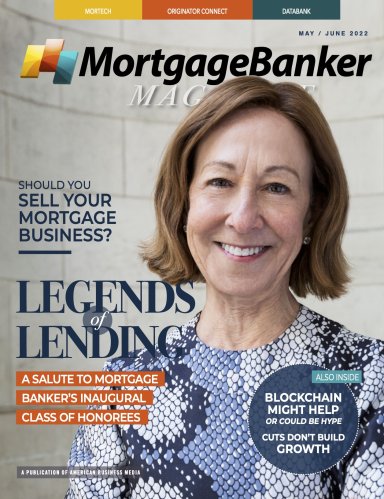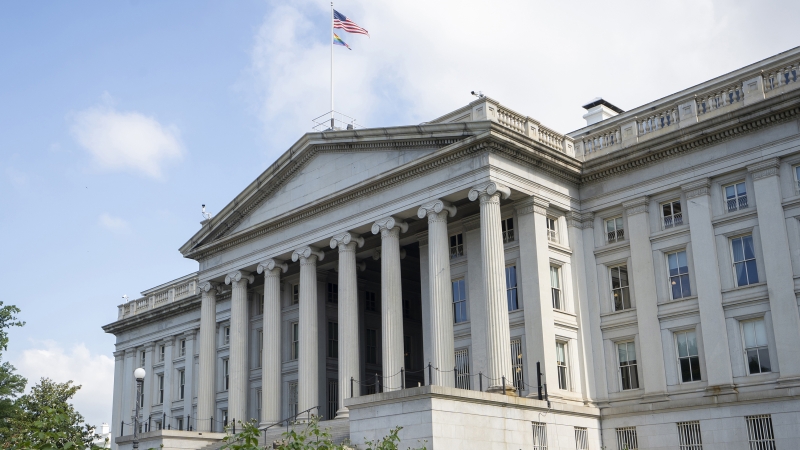The mortgage industry has been talking about ending its ‘Paper-Palooza’ for at least 20 years as we linger behind other industries like healthcare and insurance. While presently enjoying a surge in innovation and investment, it’s just a small spark. Digital technology opportunities span the entire ecosystem, bound only by the willingness of its participants.
Artificial intelligence (AI) and machine learning (ML) are the most understood and deployed, thereby leading the way in these early stages. Blockchain, on the other hand, is more “fuzzy” to many, yet has a persuasive cast of evangelists.
There are companies, and even countries, being built on blockchain tech, such as Figure and Liquid Mortgage. Estonia is blockchain crazed, starting with its own government entities, promoting exponential business growth. They apparently began 20 years ago. Sweden and the UAE are said to be leaders in mortgage blockchain.
In U.S. mortgage, there appear to be more theoretical blockchain use cases than actual deployments, for now. Although, when you understand what is possible and some current successes, optimism abounds.
Artificial Intelligence (AI) & Machine Learning (ML)
Companies across our industry are increasingly deploying AI/ML, with big gains surrounding borrower engagement, credit decisioning, risk and portfolio analysis and fraud detection – to name a few.
A great barometer of adoption is the corresponding level of regulator interest. Recently, the Federal Housing Financial Agency’s (FHFA) Division of Enterprise Regulation (DER) has increased monitoring of AI/ML usage at Fannie Mae and Freddie Mac. AI/ML can pose added risks including operations, compliance, modeling and financial.
In February 2022, the DER issued an advisory bulletin specific to the use of AI/ML, said to be the first such guidance from any mortgage regulator. The guidance asks institutions to increase risk management practices. The FHFA, as well as the Mortgage Industry Standards Maintenance Organization (MISMO), also recommend institutions define a code of ethical standards for checks and balances. With adoption already well-underway at the government sponsored enterprises (GSEs), AI/ML has arrived.
Advances in AI/ML are happening so fast some leaders concede they struggle to keep up, causing a bit of decision paralysis. According to the multiple senior leaders we spoke to, mostly representing Top-40 originators, some said they feel overwhelmed by the pace and breadth of digital tech. What a strange dichotomy – we waited for years to begin, and we now slow-walk action on where to start. It is a fantastic disposition, unless the result remains indecision.
Given the steady growth of experienced AI/ML vendors and deployments, this technology will soon become compulsory, and those institutions that delay will be disadvantaged on many fronts.












